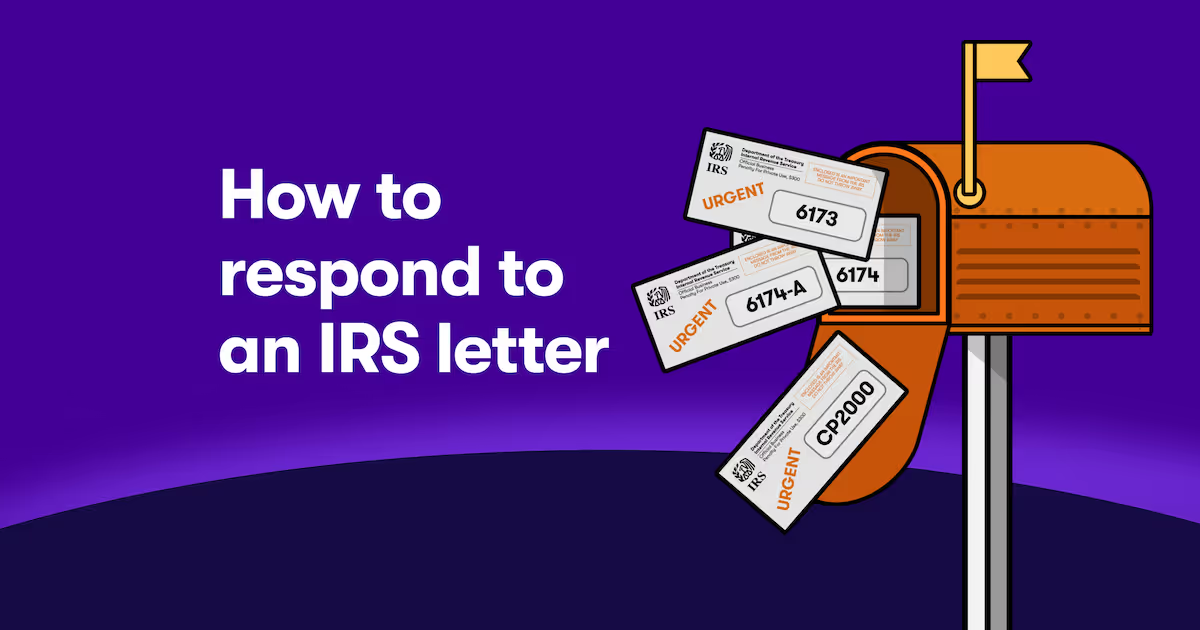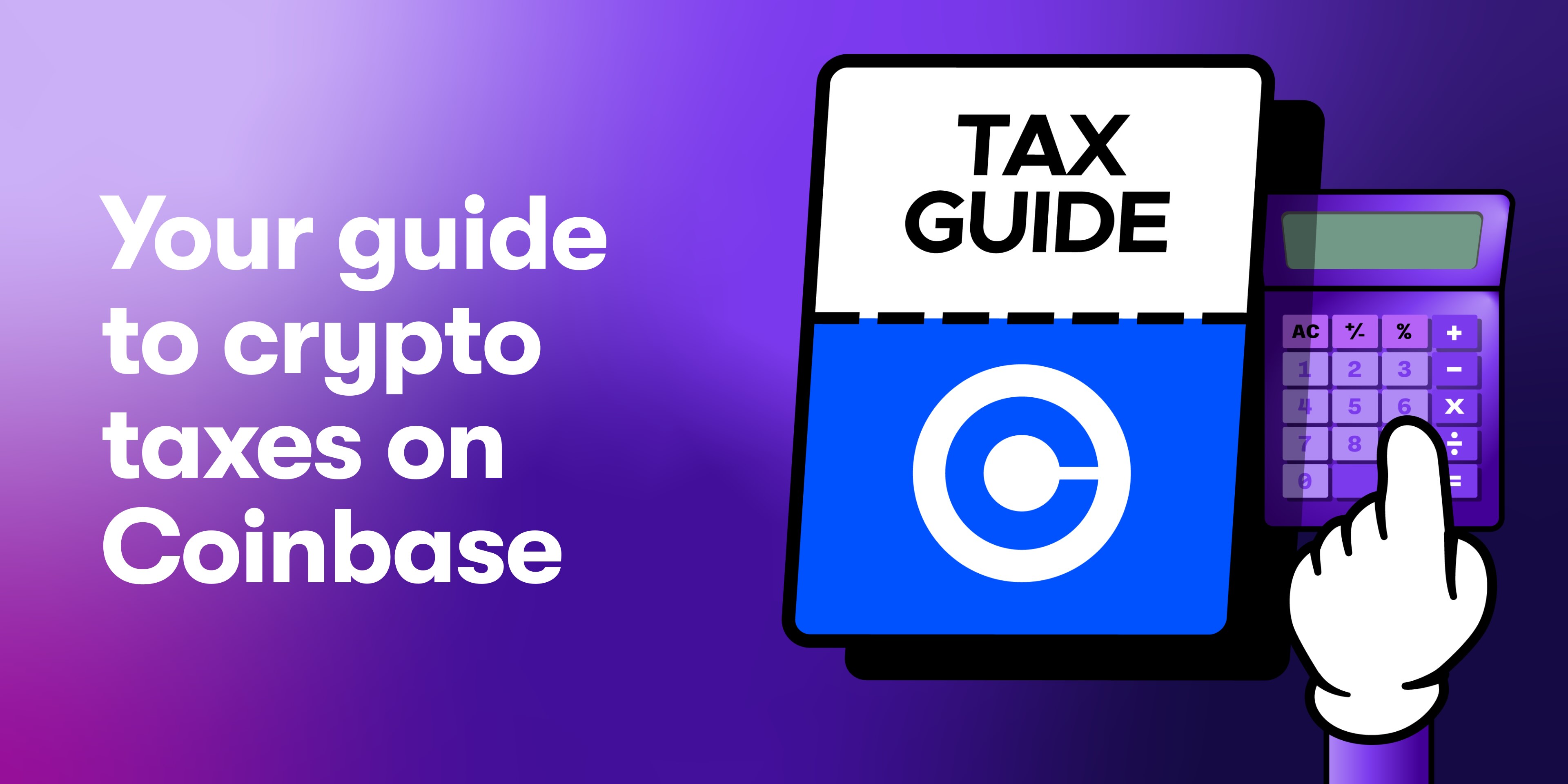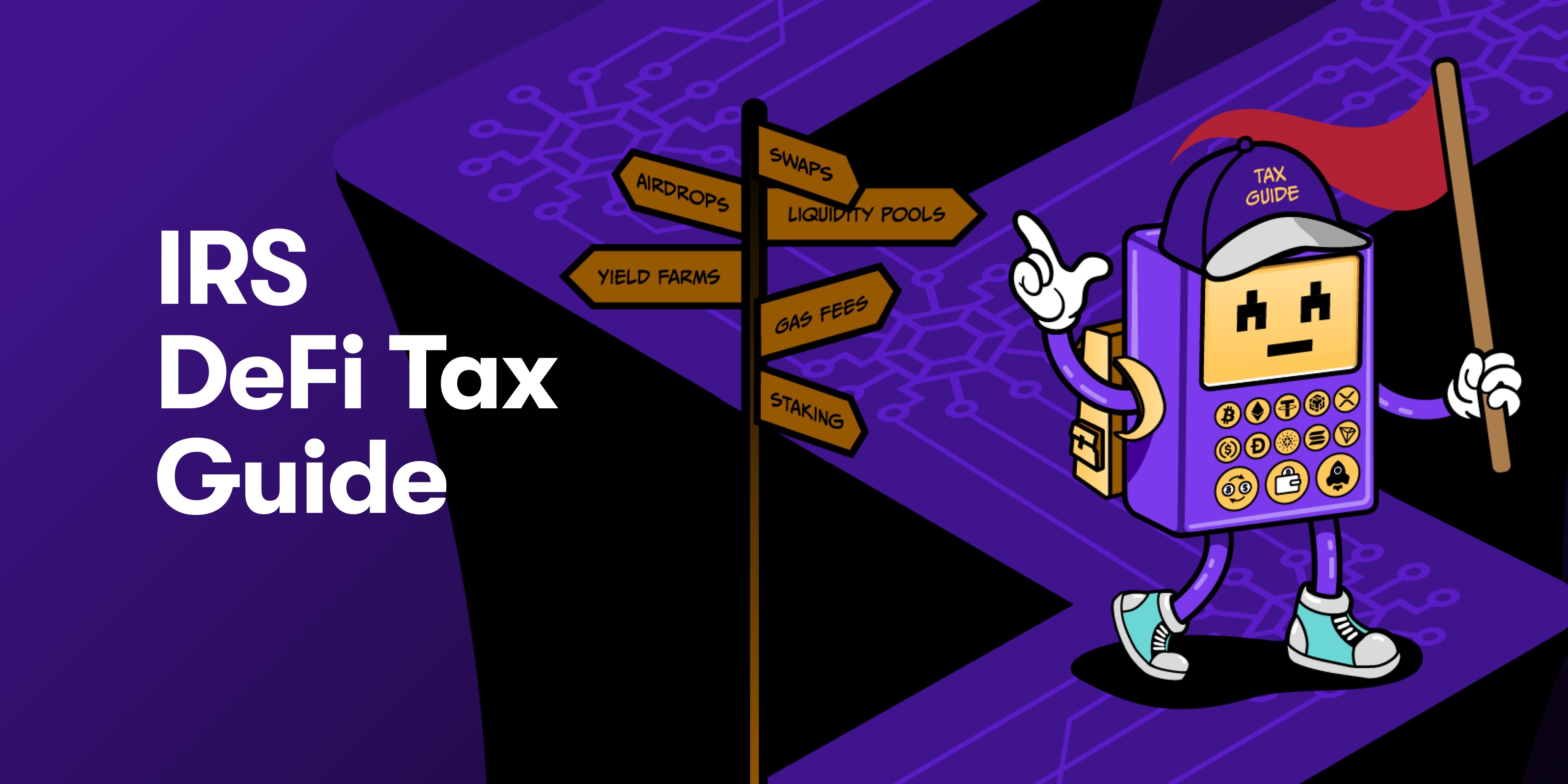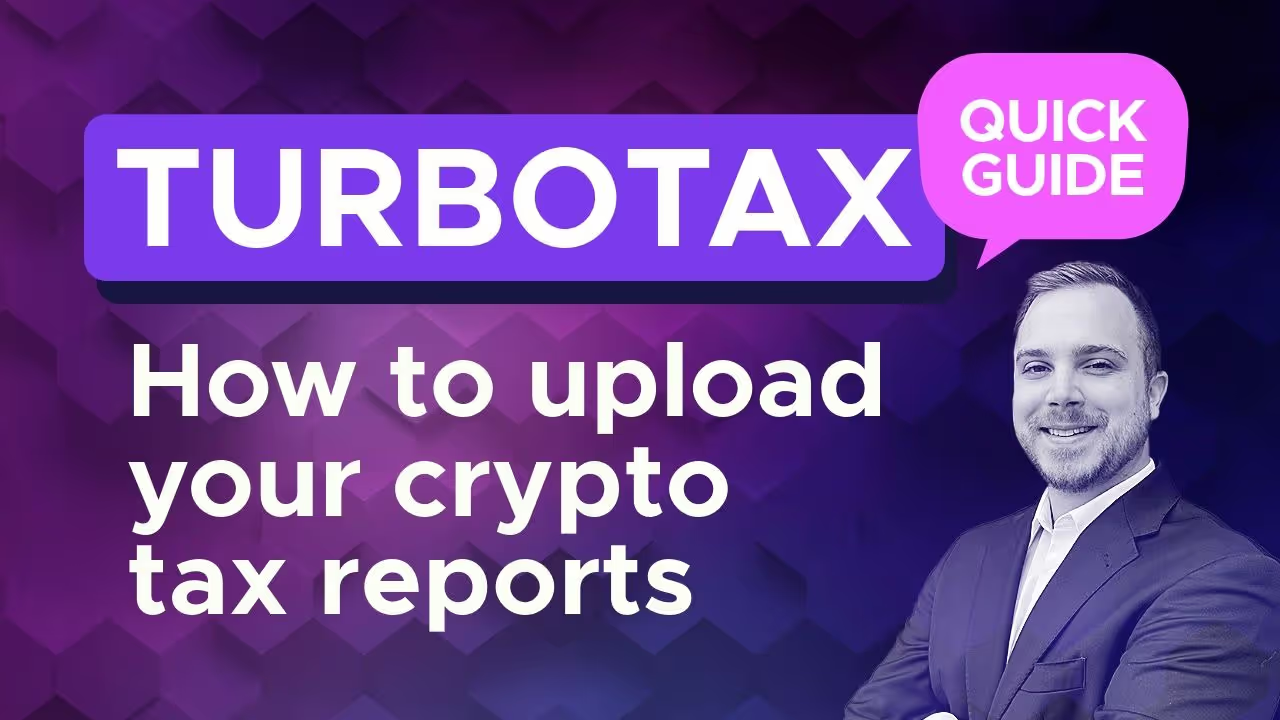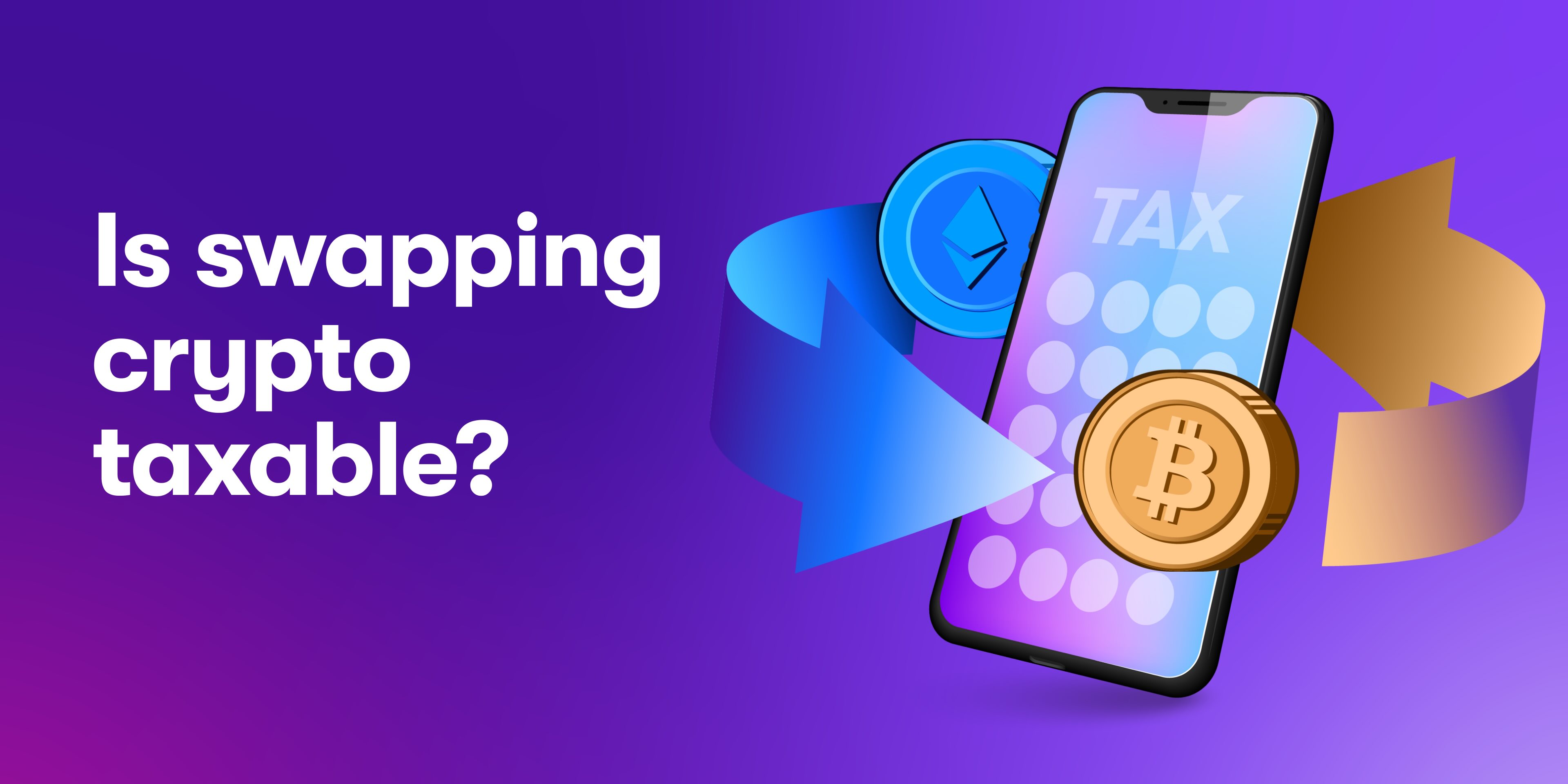Starting January 1, 2025, cryptocurrency exchanges must report your digital asset sales directly to the IRS using the new 1099-DA form. The first time you will receive this form is in 2026, based on your transactions from the 2025 tax year.
Whether you're a seasoned crypto investor or new to digital assets, understanding 1099-DA requirements is crucial for tax compliance. In 2026, anyone paying taxes in the US on digital asset transactions will need to understand how to use the information from Form 1099-DA to accurately file their taxes.
This guide is designed to answer every question you might have about the 1099-DA form, and was written by Nick Waytula, a professional tax attorney and Head Of Tax at Crypto Tax Calculator.
It will help you understand:
- What gets reported on a 1099-DA
- What data exchanges will provide you with
- What data you need to find yourself
- How to figure out and calculate your cost basis
- How to report on-chain activities like DeFi on your 1099-DA
First, let's begin with an overview of the 1099-DA so that you have the essentials covered.
{{1099-faq-cta-1}}
Introduction to 1099-DA
What is Form 1099-DA?
It's a new IRS tax information form titled "Digital Asset Proceeds From Broker Transactions." Brokers will use it to report digital asset sales and exchanges to both you and the IRS.
What is the primary purpose of the 1099-DA?
Its purpose is to increase tax compliance by creating a formal reporting mechanism for digital asset transactions, similar to how Form 1099-B works for stocks.
When do the new 1099-DA reporting rules take effect?
The rules apply to transactions made starting on January 1, 2025. You will receive your first Form 1099-DA in early 2026 for your 2025 taxes.
Who is required to send me a Form 1099-DA?
Any entity defined as a "broker" under the new rules. This primarily includes U.S.-based centralized crypto exchanges like Coinbase, Kraken, and Gemini.
Will I receive a 1099-DA for transactions I made in 2024?
No. The reporting requirement does not begin until the 2025 tax year.
What key information will be on my 1099-DA?
It will include your personal information, the broker's information, the name of the digital asset sold, number of units sold, sale date, and gross proceeds.
How is the 1099-DA different from a 1099-B?
The 1099-DA is specifically tailored for digital assets, including fields for wallet addresses and transaction IDs, while the 1099-B is for traditional securities.
How is the 1099-DA different from a 1099-MISC or 1099-NEC?
The 1099-DA reports proceeds from the sale or exchange of an asset. Forms 1099-MISC/NEC report income you earned, such as from staking rewards or referral bonuses over $600.
Will the IRS get a copy of my 1099-DA?
Yes. The broker sends one copy to you and an identical copy directly to the IRS.
Is there a minimum transaction amount to trigger a 1099-DA?
No. Under the current rules, brokers must report every sale of a digital asset, regardless of the value. There is no de minimis exception.
What gets reported on a 1099-DA?
What types of transactions will be reported on a 1099-DA?
The primary reportable event is the sale or exchange of a digital asset for cash, a different digital asset, or property/services.
Will buying crypto with U.S. dollars be on the 1099-DA?
No. The form reports dispositions (sales), not acquisitions. You must track the purchase yourself to establish your cost basis.
Will trading Bitcoin for Ethereum on a centralized exchange be reported?
Yes. This is considered a disposition of Bitcoin and will be reported as a sale on Form 1099-DA.
Will transferring my crypto from my exchange to my personal hardware wallet be on the 1099-DA?
No. Transfers to self-custody are not sales and are not reportable events on this form.
Who will send you a 1099-DA?
Will I get a 1099-DA from a decentralized exchange (DEX) like Uniswap?
Generally, no. The current definition of a "broker" primarily targets centralized platforms. You are still responsible for tracking and reporting these transactions yourself.
Will I get a 1099-DA from a peer-to-peer (P2P) sale?
No. P2P transactions do not involve a broker, so no 1099-DA will be generated. You must report this activity on your own.
What about NFT marketplaces like OpenSea? Will they send a 1099-DA?
It depends. If the marketplace is considered a broker that facilitates sales, it may be required to issue a 1099-DA for sales conducted on its platform. This area is still evolving.
I use a foreign crypto exchange. Will they send me a 1099-DA?
If you have completed KYC (Know Your Customer) verification and identified yourself as a U.S. taxpayer to that foreign exchange, it is likely they will issue you a Form 1099-DA.
Regardless of whether you receive a form, you are still legally required to report all your worldwide income, including transactions on foreign exchanges, on your U.S. tax return.
What if my exchange shuts down before 2026?
If the exchange ceases operations, it may not be able to issue a 1099-DA. This does not remove your obligation to report your transactions using your own records.
Will wallet addresses and transaction hashes appear on the 1099-DA?
Yes, the form includes fields for this information to help the IRS track the movement of digital assets.
How to find your cost basis for your 1099-DA
Will my cost basis be on the 1099-DA I receive in 2026 (for the 2025 tax year)?
No, not necessarily. For the 2025 tax year, brokers are only required to report gross proceeds. The cost basis field will likely be blank.
Why is the cost basis field being left blank for 2025?
The IRS has provided transitional relief to give brokers more time to implement systems for accurately tracking customer cost basis, which is a complex task.
If the cost basis is blank, what is my responsibility?
You are legally responsible for calculating, reporting, and proving your cost basis for every transaction listed on the 1099-DA.
When will brokers be required to report cost basis on the 1099-DA?
Starting with the 2026 tax year (forms received in 2027), brokers will be required to report the cost basis for assets purchased and sold on their platform.
What if I transferred crypto to an exchange? Will they know its cost basis?
No. If you bought crypto elsewhere and transferred it in, the exchange won't know your original purchase price. The cost basis for these "uncovered" assets will likely remain blank even after 2026.
What does "covered" vs. "uncovered" mean in this context?
"Covered" assets are those you bought on the exchange that is issuing the 1099-DA. "Uncovered" assets are those you transferred in from an outside source. Brokers are only required to report cost basis for covered assets.
What happens if I don't report my cost basis?
The IRS will assume your cost basis is zero. This means your entire gross proceeds will be treated as a taxable gain, which may cause you to significantly overpay your taxes.
Does the 1099-DA change the method I can use for calculating cost basis (e.g., FIFO, HIFO)?
No. You can still use specific identification (like HIFO) if you have the records to support it. The 1099-DA is a reporting tool; it doesn't change the underlying tax rules for calculations.
Will the 1099-DA show my holding period (short-term vs. long-term)?
Yes, once cost basis reporting is required (2026 tax year), the form will include the acquisition date, which allows for the determination of short-term or long-term gains.
{{1099-faq-cta-1}}
What to do when you receive a 1099-DA
What is the first thing I should do when I receive a 1099-DA?
Carefully review it and compare the gross proceeds reported with your own records. Check for any obvious errors.
What if the gross proceeds on my 1099-DA are incorrect?
Contact the issuing broker immediately and request a corrected Form 1099-DA. Do not file with incorrect information.
What do I do if I receive multiple 1099-DA forms from different exchanges?
You must use the information from all of them. You'll aggregate this data when filling out Form 8949 on your tax return. You can use a tool like Crypto Tax Calculator to aggregate your data and generate accurate tax reports.
Do I attach the 1099-DA to my tax return when I file?
No. You use the information from the form to complete Form 8949 and Schedule D, which are then filed with your return. You keep the 1099-DA for your records.
The 1099-DA only shows gross proceeds. How do I report this on Form 8949?
You will enter the gross proceeds from the 1099-DA into column (d) of Form 8949 and then enter your self-calculated cost basis into column (e).
My exchange issued a "Consolidated 1099." Is this the same as a 1099-DA?
No. A consolidated statement is a helpful summary provided by the broker but it is not the official IRS form. The IRS only receives the official 1099-DA data.
Can I rely solely on the 1099-DA to do my taxes?
For 2025, absolutely not, because it will be missing cost basis. Even in later years, you'll need your own records for transactions on platforms that don't issue a 1099-DA.
My 1099-DA has thousands of transactions. Do I have to list them all individually on Form 8949?
No. The IRS allows you to report summary totals on Form 8949 and attach a detailed statement with all the individual transactions. Crypto Tax Calculator can help generate this statement for you.
How will the 1099-DA affect my use of tax software like TurboTax?
You will likely be able to import your 1099-DA data into tax software. However, you will still need to manually input or supplement it with your cost basis information.
Does receiving a 1099-DA mean I don't need crypto tax software anymore?
No. Crypto tax software remains essential for calculating cost basis, tracking transactions across all platforms (including DeFi and wallets), and generating the necessary detailed reports for your tax return.
How the 1099-DA changes your reporting now and into the future
How do I report income from staking or DeFi lending under the new rules?
This is considered income, for tax purposes, not sales proceeds. It will not be on a 1099-DA. You must continue to track and report this separately on Schedule 1 or Schedule C.
If I use my crypto to buy a coffee, will that be on a 1099-DA?
If you use a crypto debit card linked to an exchange, the sale of the crypto to fund the purchase will likely be a reportable event.
How do I report a sale of an NFT on OpenSea?
Unless the marketplace issues you a 1099-DA, you are responsible for reporting the sale on Form 8949 using your own records of the proceeds and cost basis.
What records do I still need to keep myself?
You must keep comprehensive records of all digital asset activity, including purchases, sales, swaps, transfers, and income events across every wallet and platform you use.
I received crypto as a gift. How does the 1099-DA affect this?
The 1099-DA is not issued for receiving a gift. When you later sell that gifted crypto on an exchange, the sale will be on a 1099-DA, and you will be responsible for reporting the correct cost basis (usually the giver's basis).
I inherited crypto. How does the 1099-DA apply?
When you sell the inherited crypto, the sale will be reported on a 1099-DA. You are responsible for reporting the "stepped-up" cost basis, which is its fair market value on the date of the original owner's death.
How do I track the cost basis for crypto I mined myself and then sold on an exchange?
You must track the value of the crypto on the day you mined it (which is both income and your cost basis). When you sell it, the sale will be on the 1099-DA, but you'll need your own records for the basis.
Does the 1099-DA report my losses?
Indirectly. It reports gross proceeds. Your loss is only determined once you subtract your cost basis. If your basis is higher than the proceeds, you have a capital loss.
Do these rules change the tax treatment of crypto?
No. The rules only change the reporting of crypto transactions. The underlying tax law (e.g., crypto as property, capital gains/losses) remains the same.
What is the single most important action to take in response to these new rules?
Act now. Do not wait until 2026. Reconcile all your past crypto transactions and establish an accurate cost basis for every asset you own across every platform. Your future self will thank you.
The information provided on this website is general in nature and is not tax, accounting or legal advice. It has been prepared without taking into account your objectives, financial situation or needs. Before acting on this information, you should consider the appropriateness of the information having regard to your own objectives, financial situation and needs and seek professional advice. Crypto Tax Calculator disclaims all and any guarantees, undertakings and warranties, expressed or implied, and is not liable for any loss or damage whatsoever (including human or computer error, negligent or otherwise, or incidental or Consequential Loss or damage) arising out of, or in connection with, any use or reliance on the information or advice in this website. The user must accept sole responsibility associated with the use of the material on this site, irrespective of the purpose for which such use or results are applied. The information in this website is no substitute for specialist advice.






































































































































































.jpg)


